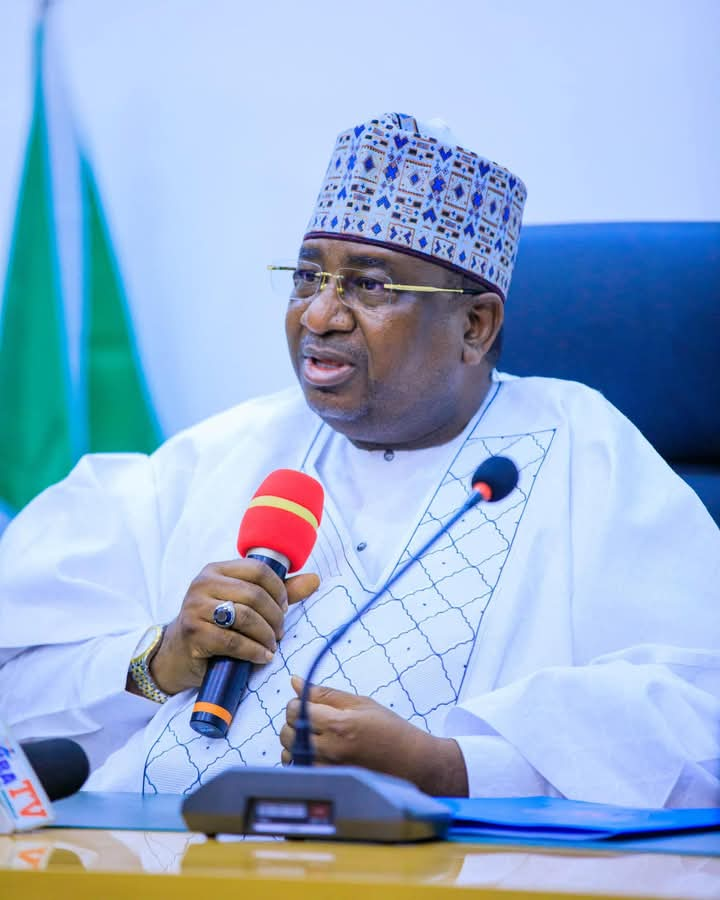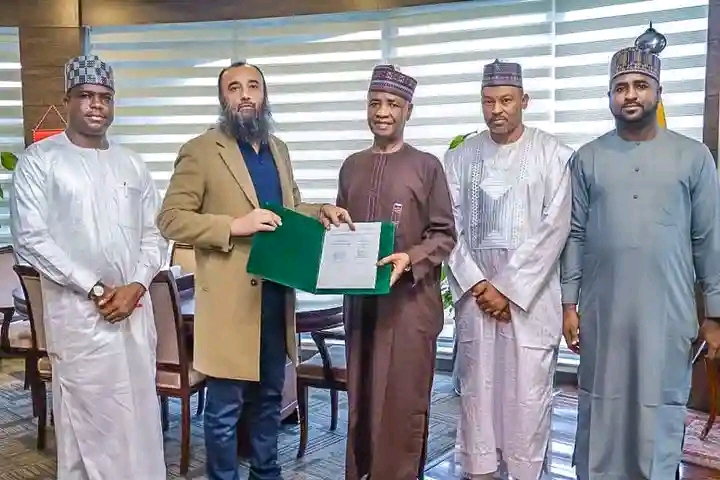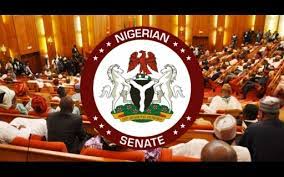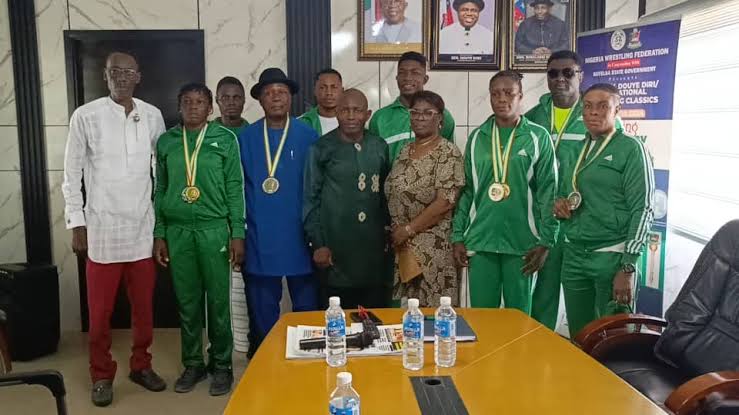By: Abba Onyekachukwu, Abuja.
The Senate has passed for second reading the Bill for an Act to Establish the National Council for Traditional Rulers, seeking to accord the council formal recognition and define its role in governance.
The bill, sponsored by Senator Simon Lalong (APC, Plateau South), was presented for general debate at plenary on Thursday. However, it sparked heated discussions among lawmakers, who raised concerns about potential conflicts of responsibility between traditional rulers and elected local government officials.
Presenting the bill, Senator Lalong noted that before the 1914 amalgamation of the Northern and Southern Protectorates and the Colony of Lagos by British colonialists, traditional rulers were highly influential.
“They governed their societies as custodians of culture, tradition, values, morals, and religious beliefs. They also played key roles in resolving communal conflicts, managing security challenges, and regulating commerce through inter-kingdom trade,” he stated.
He explained that traditional rulers were at the peak of their influence between 1910 and 1960, serving as executive, legislative, and judicial authorities under British colonial rule. Their influence continued during Nigeria’s First Republic when they were members of the regional Houses of Chiefs.
However, he lamented that military reforms, beginning with General Ironsi’s unitary government in 1966, followed by General Gowon’s 1967 and General Obasanjo’s 1976 policies, significantly diminished the powers of traditional rulers.
“Government reforms stripped them of their authority, distributing power between federal, state, and local governments. While the 1979 Constitution restored some significance to traditional institutions, the 1999 Constitution (as amended) relegated them to the background,” he explained.
Lalong emphasized that, despite their continued importance in society, traditional rulers currently lack constitutional roles or a legal framework guiding their operations.
“This bill seeks to fill that gap. It is my conviction that even in modern times, traditional rulers play a key role in the non-kinetic approach to tackling security challenges,” he said.
The former Plateau State governor argued that today’s traditional rulers are well-educated and their expertise could contribute meaningfully to national discourse, particularly on security and governance.
He urged lawmakers to support the bill, highlighting its potential to strengthen governance at the grassroots level.
During the debate, some senators expressed reservations, warning that unclear definitions of the traditional rulers’ roles could lead to conflicts with elected officials at the local government level.
In his remarks, Senate President, Senator Godswill Akpabio stressed the need for the bill to clearly outline the functions of traditional rulers to avoid overlaps with government officials.
“A public hearing should be conducted to gather input from stakeholders before the bill proceeds to third reading,” he stated.
He acknowledged the advisory role of traditional rulers, emphasizing that their contributions could enhance governance and national security.
Following the second reading, the bill was referred to the Senate Committee on Establishment for further legislative scrutiny. The committee is expected to report back to the Senate in four weeks for the next stage of deliberation.













